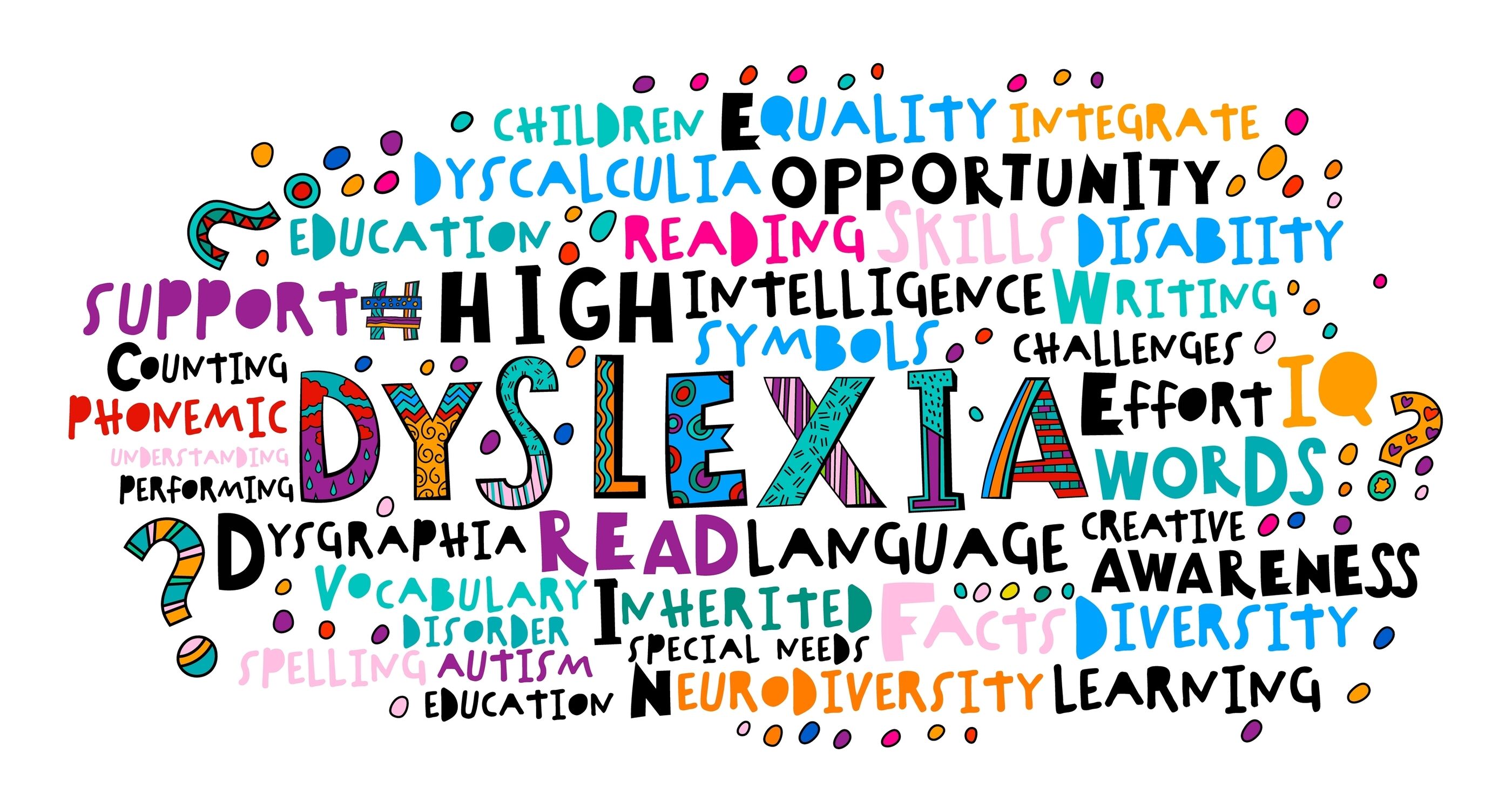Kalmer Counselling Sessions
Our Counselling sessions are 50 minutes either online or in person and cost £50 - £65 depending on the counsellor.
Contact UsDyslexia is a common learning difference that affects an individual’s ability to read, write, and spell, despite normal intelligence and educational opportunities. It is a neurological condition, often identified in childhood, but it can affect individuals throughout their lives. Dyslexia is not related to vision or intelligence but stems from difficulties in processing language. While its primary symptom involves challenges with reading fluency and decoding words, the effects of dyslexia can extend beyond academics and influence various aspects of life.

Children with dyslexia often struggle to keep up with reading and writing in school, which can lead to frustration, a sense of failure, and lower self-esteem. These struggles can continue into adulthood, impacting work performance, relationships, and personal development. Adults with dyslexia may avoid careers or tasks that involve significant reading or writing, which can limit their opportunities. Emotional challenges, such as anxiety, embarrassment, or frustration, can also arise due to the ongoing difficulties in literacy-related tasks.
However, many people with dyslexia are highly creative, strong problem solvers, and excel in areas outside of reading and writing. With the right support, they can manage their symptoms and leverage their strengths.

While dyslexia presents challenges in reading, writing, and processing language, it does not define an individual's intelligence or potential. Counselling at Kalmer can provide invaluable emotional and practical support for individuals with dyslexia, helping them overcome their struggles, manage stress, and build confidence. With the right interventions and support systems, individuals with dyslexia can thrive academically, professionally, and personally.





At Kalmer Counselling our counselling is as unique as you are, therefore we adapt our approach to your needs, experiences and the impact dyslexia has had on you. We can work with you to understand and get to know your dyslexia in order to develop coping strategies and build self-esteem and confidence. We work with children, young people and adults with a recent or historic diagnosis.
Reach out for support by emailing info@kalmercounselling.co.uk or call us on 01912416731

Our Counselling sessions are 50 minutes either online or in person and cost £50 - £65 depending on the counsellor.
Contact Us